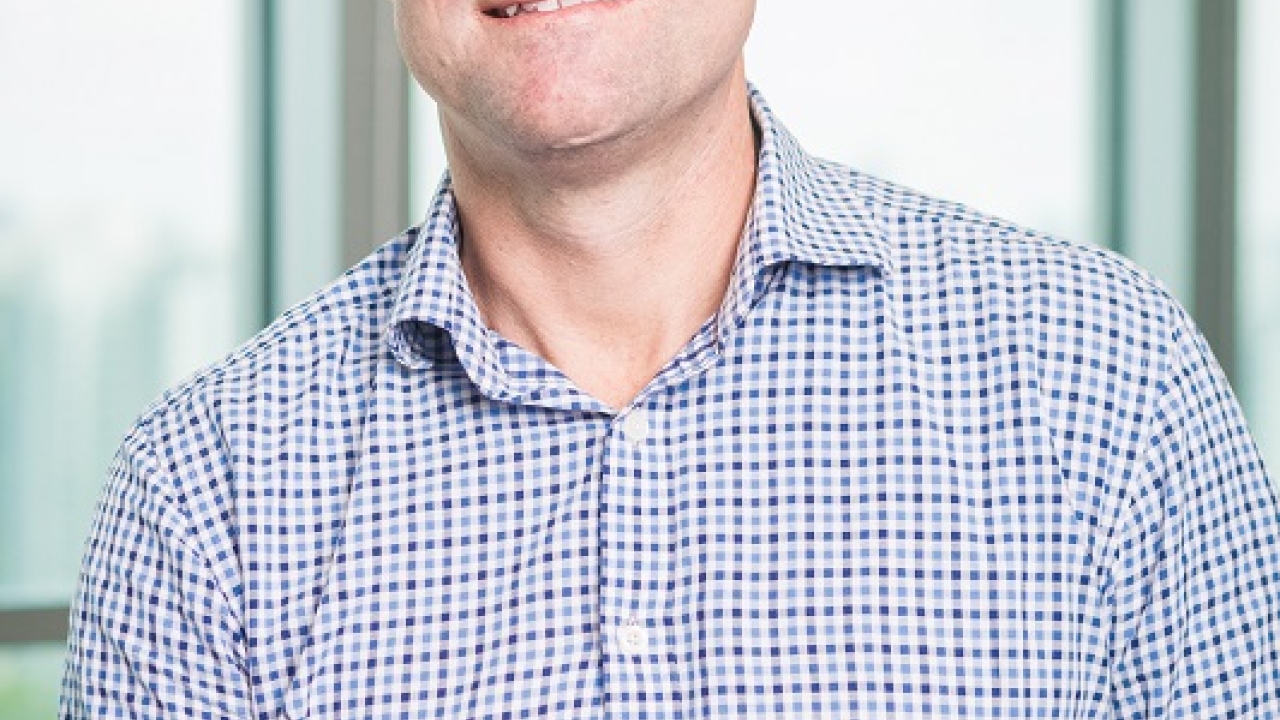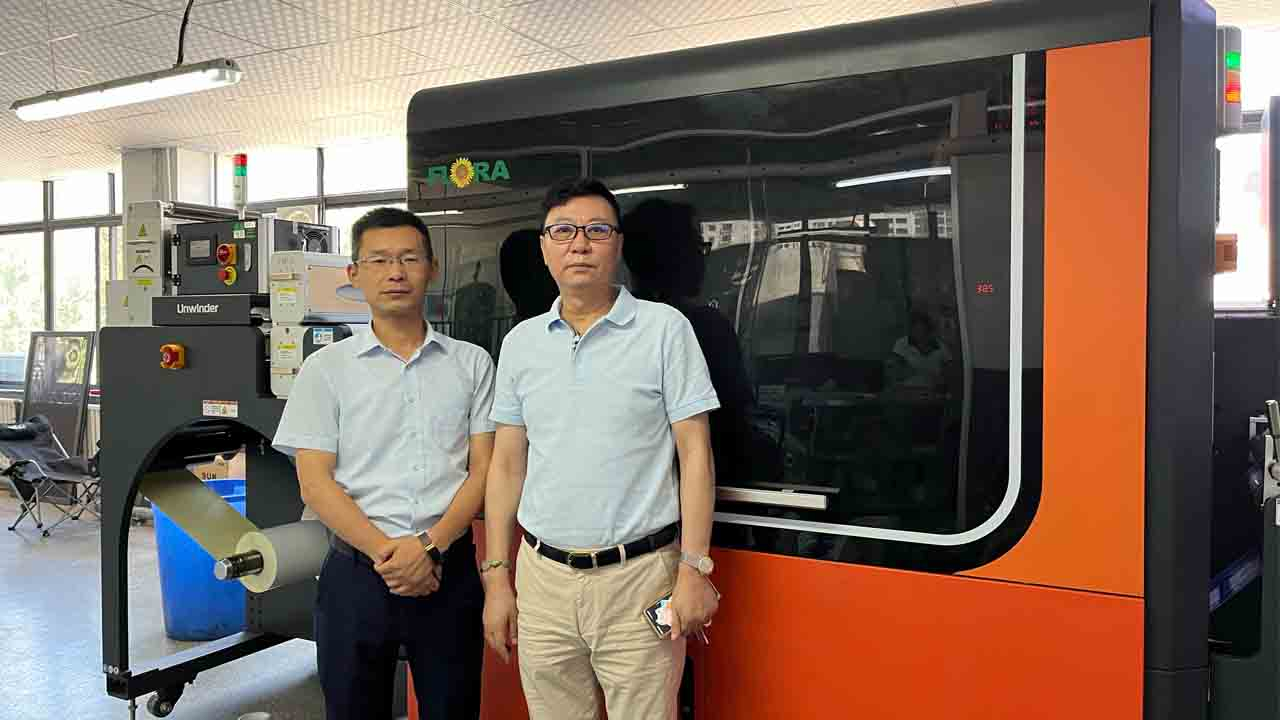Stepping towards a more sustainable future

In an effort to address one of the major concerns faced by the label industry worldwide, Avery Dennison has initiated glassine liner waste recycling programs in Australia, India and Thailand. This is an extension to its existing liner recycling programs in other parts of the world including China, US and Europe.
Darren Milligan, senior marketing director, Label and Graphic Materials Group, South Asia Pacific and Sub-Saharan Africa at Avery Dennison, says: ‘One of the most important challenges that our industry faces is how to manage liner waste in a productive way. Today within Asia, we estimate only 6 percent of liner is recycled. The Avery Dennison 2025 sustainability goals include a goal to divert 70 percent of matrix and liner waste from landfill or incineration. To enable this will require developing local partners, and working within – and across our industry – to bring end users on board.’
In launching these recycling programs into the South Asia Pacific region, Avery Dennison has partnered with waste management specialists in each country. Liner waste is collected from brand owners and sent to Avery Dennison’s partners who recycle the waste into tissue paper used for clothing and footwear packaging.
‘It’s a scalable program currently servicing three countries which will be further expanded as demand increases,’ says Milligan. ‘To date we are scaling up and have successfully collected and recycled over 15 tonnes of glassine liner, however there is no limit to how much volume we can recycle through this program. The more volume, the better.
‘In Australia, we have developed a close partnership with Wasteflex, Australia’s largest waste management company of its kind. Wasteflex is actively collecting and centralizing glassine liner waste directly from brand owners across Australia that is then recycled with other paper products through our India recycling network. This program will soon be expanded to include New Zealand as demand increases.
‘The great news for brand owners is that adopting this program is very simple. They need to separate their discarded rolls of glassine liner from their general waste into bulk “Gaylord” pallet boxes or compact their loose liner in a baler provided, ready for collection and recycling.’
Milligan adds: ‘We are pleased to see L’Oreal as the first major company to join this recycling program in Australia, which enabled them to achieve their 100 percent landfill free target while at the same time reducing their waste management costs.
‘Within India, our liner recycling partner Mahajan Recycle Resources has the capability to service the entire country. We already have several major brand owners engaged, and are under trial this service with Unilever, the first company to officially begin recycling their waste liner through our program. We see great potential and a growing demand in India, which is driven by emerging government legislation and higher global sustainability targets being established by multinational brands.’
Hurdles
‘One of the major hurdles in the Indian market has been the challenge to collect small volumes of liner waste from various locations over a vast geography and transport it to a central location for recycling,’ says Milligan. ‘This issue is being addressed with the close collaboration between our partners and brand owners seeking viable cost effective methods to recycle their liner waste. Because of the flexibility built into this program, in some cases our recycling partners are actually leveraging the brand owners own freight and logistics to drop the liner waste at our recycling points.
‘Another challenge that we have had to face in India is the brand owner’s lack of understanding about our recycling program and its positive impact on the environment. However, with the Indian government starting to develop policies that address these issues and the increase in the general awareness, resulting from social media, we are seeing more businesses looking for recycling support.
‘The liner recycling program has also been initiated in Thailand, where we are currently engaging several major brand owners and the broader ecosystem to promote the benefits of our program. The issue with current waste management practices in Thailand is the lack of transparency and potential dumping or incineration because there are no recycling channels available,’ he explains. ‘Our recycling service overcomes this issue as it ensures all glassine liner waste collected from brand owners is actually being recycled into new paper products.’
With the recent success of the glassine paper liner waste recycling program, Avery Dennison has initiated a PET liner recycling pilot in the South Asia Pacific region, which is expected to be launched soon. At the same time, company is also actively pursuing matrix waste recycling options through its growing partner network that includes evaluating sustainable waste to energy solutions.
Stay up to date
Subscribe to the free Label News newsletter and receive the latest content every week. We'll never share your email address.

